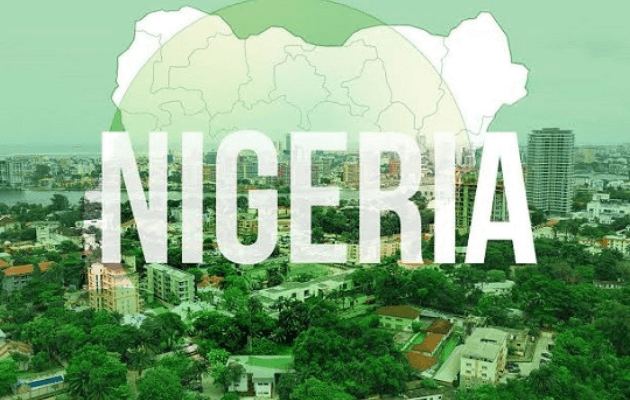As Nigeria marked its 65th year of independence, the occasion was met not with celebration but with introspection and concern. The absence of the traditional Independence Day parade, canceled by President Bola Tinubu, was a symbolic gesture that reflected the nation’s troubled state. For many, it would have been disingenuous to commemorate progress when the country remains mired in deep-rooted challenges. Nigeria continues to struggle with the foundational pillars of a successful state, unity, security, prosperity, and institutional capacity, each of which has been eroded by decades of mismanagement, division, and inertia.
The nation’s unity is increasingly fragile. Ethnic, religious, and regional fault lines have hardened, turning every national issue into a sectional debate. This fragmentation undermines the possibility of collective progress and fuels a culture of distrust. Citizens often view policies and leadership through the lens of identity rather than merit, making it difficult to build consensus or foster a shared vision for the future. Without a strong sense of national cohesion, even the most well-intentioned reforms risk being derailed by suspicion and resistance.
Security, once a cornerstone of national pride, has deteriorated into a daily gamble for survival. The proliferation of non-state actors and the normalization of violence have left citizens vulnerable and fearful. The recent killing of a young journalist in Abuja is a chilling reminder of how insecurity has seeped into the heart of the nation. From insurgency in the northeast to banditry in the northwest and communal clashes in the middle belt, the state’s inability to protect its people has become a defining feature of modern Nigeria.
Economic prosperity remains elusive for the majority. Despite its abundant natural resources and youthful population, Nigeria has one of the lowest per capita incomes globally and has previously held the grim title of the world’s poverty capital. The middle class is shrinking, inequality is widening, and millions live below the poverty line. The country’s economic trajectory has failed to match its potential, with oil wealth often mismanaged and human capital underutilized. Instead of lifting its citizens, the system continues to entrench poverty and limit upward mobility.
Institutional capacity, the ability of the state to deliver services, enforce laws, and uphold accountability, is alarmingly weak. Corruption, inefficiency, and a lack of political will have hollowed out the institutions meant to serve the public. Compared to countries like South Korea, Malaysia, and Brazil, which shared similar developmental starting points in the 1960s, Nigeria’s progress has been painfully slow. While those nations have evolved into industrial and democratic powerhouses, Nigeria remains stuck in a cycle of infrastructural decay and governance failure.
Yet, the path forward is not closed. Breaking this vicious circle requires bold, transformative leadership and a renewed commitment to national purpose. Reforms must be radical, inclusive, and sustained. Leaders must prioritize competence over patronage, unity over division, and long-term development over short-term political gains. Citizens, too, have a role to play, by demanding accountability, participating actively in governance, and rejecting the politics of identity and division. Nigeria’s story is still unfolding, and with courage, clarity, and collective resolve, it can be rewritten into one of redemption and renewal.
